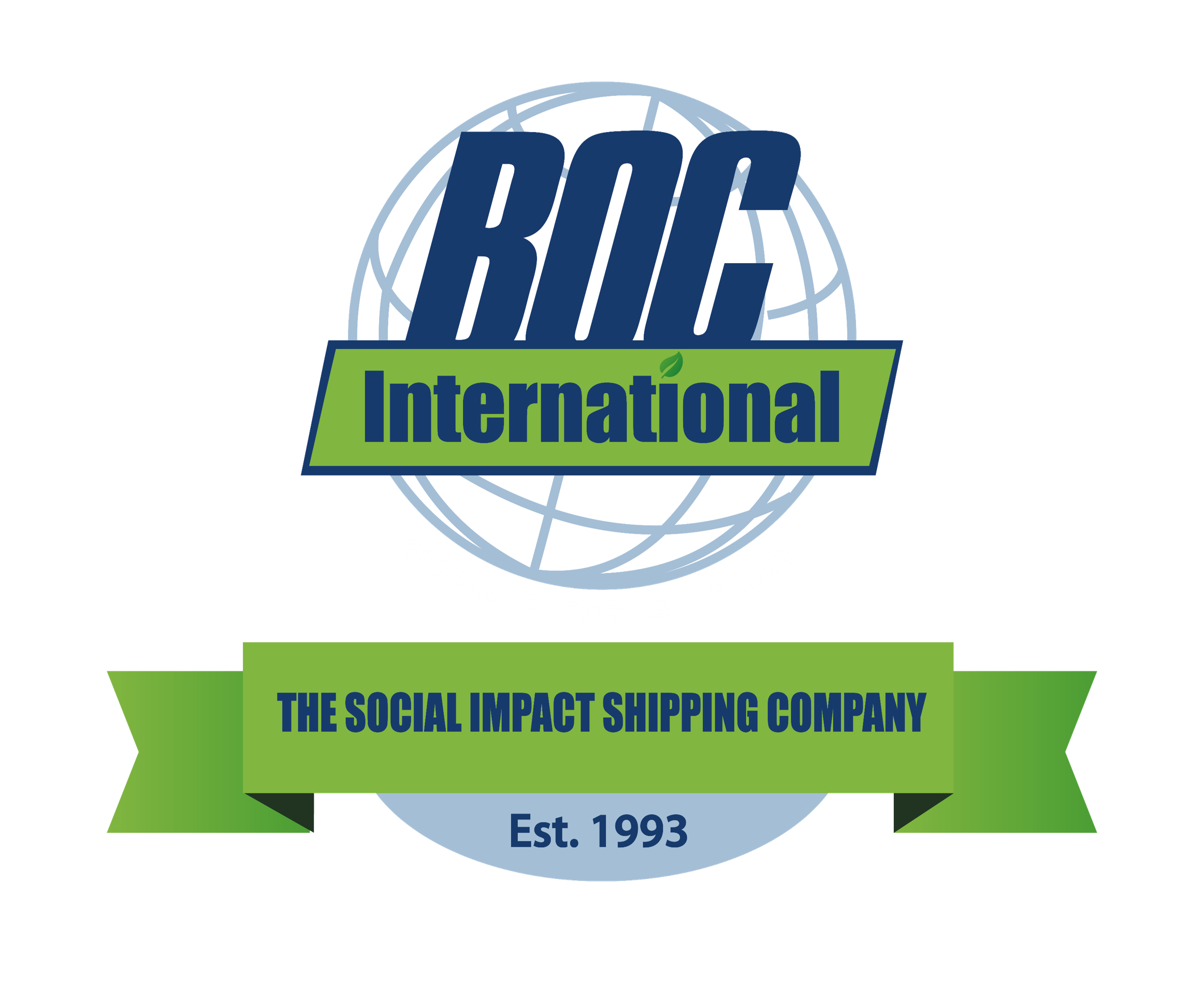
Certain China Duties to Increase Friday May 10, 2019
Although nothing official has been issued by the government, President Trump announced yesterday that effective Friday, May 10, the tariffs for products covered by List 3 of the Section 301 program will increase from 10% to 25%. This is a result of what appears to be stalled negotiation talks with China, although it appears that the Chinese delegation will come to Washington for continued talks this week.
In addition, he has threatened to impose the 25% tariffs on all products from China.
As many may recall, these duties were to be implemented in March. However, President Trump issued an executive order stating that implementation was delayed until further notice. The two countries have been working on a trade agreement to address China’s unfair trade practices.
Additionally, last Friday US Trade Representative Lighthizer announced that his office is in the process of establishing an exclusion process for goods on List 3. According to his statement, the office hopes to have the process in place by the end of May. It appears at this time the process will be allowed for the products whether or not the tariffs increase to 25%.
Potential options for avoiding or reducing the increased tariff, include the following:
- Tariff Classification – although many companies have reviewed this with the previous two lists, verifying the classification should still be considered as a potential option.
- Country of origin – companies should look closely at the supply chain. It may be time to consider sourcing products elsewhere. However, careful consideration should be given to making moves to a third country, particularly if your China supplier is involved and/or there would be China content included in the product. Companies need to ensure that the product is being substantially transformed in the third party country.
- Use of Chapter 98 provisions, duty drawback, bonded warehouses and Foreign Trade Zones also provide options in certain situations, particularly if products will be later exported from the U.S.
- Value strategies – companies can consider legitimate means of lowering the transaction value. Options include potential discounts, and use of the “first sale” rule if there is a multi-tiered transaction involving a middleman.
- Exclusion Requests – Exclusion requests may be granted when a company can substantiate to the government that the product in question cannot be sourced in the U.S. or third party countries, there would be severe economic hardship to the requestor or other US interests and the product is not part of the “Made in China 2025” or other industrial programs.
It appears that talks between the two countries scheduled for this Wednesday will continue and hopefully the announced increase will not take place.
If you have questions, please contact your BOC Representative, or Paula Connelly, Esq.
Information for this BOC Blast provided by The Law Offices of Paula M. Connelly

